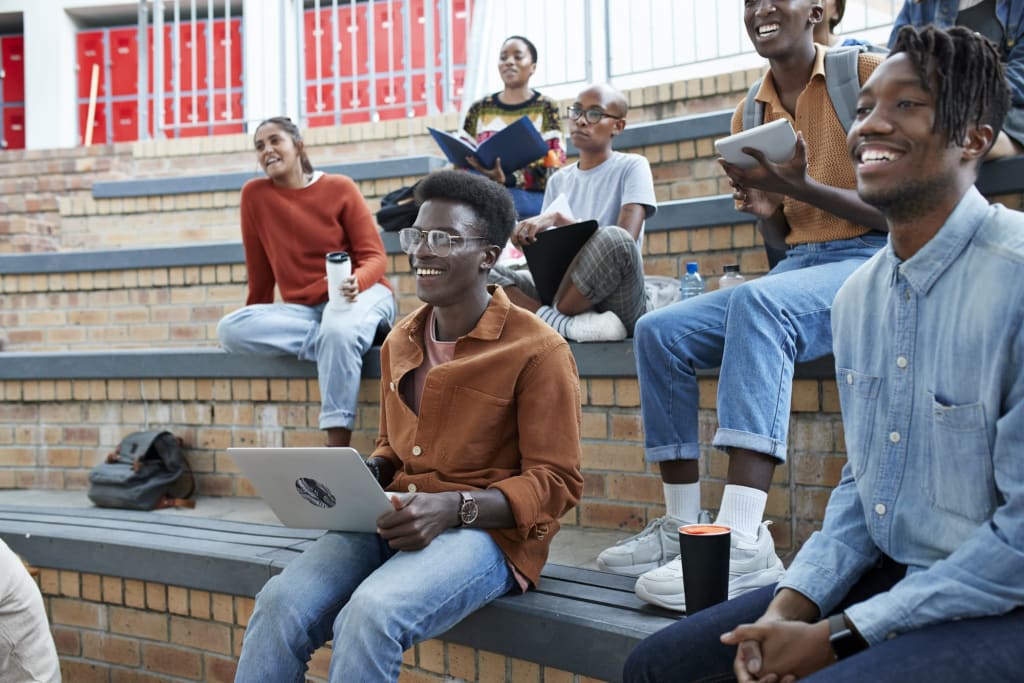Historically Black Colleges and Universities (HBCUs) have long played a vital role in closing socioeconomic gaps in the United States. Recent data shows that HBCUs continue to make a significant impact in this regard, helping to bridge the disparities that exist among minority and low-income students.
According to a report by the United Negro College Fund (UNCF), HBCUs are particularly effective at enrolling and graduating students who come from underserved backgrounds. The report found that HBCUs graduate a higher percentage of low-income and first-generation college students compared to non-HBCUs, helping to provide access to higher education for those who may have otherwise been left behind.
The success of HBCUs in closing socioeconomic gaps can be attributed to a variety of factors. One key factor is the supportive environment that these institutions provide for students. HBCUs often have smaller class sizes, which allows for more personalized attention and support for students who may be facing academic or financial challenges. Additionally, HBCUs tend to have a strong sense of community and pride, which can help foster a sense of belonging and motivation among students.
Another important factor is the focus on diversity and inclusion at HBCUs. These institutions actively work to create an environment that is welcoming and supportive of students from all backgrounds, helping to create a more equitable playing field for students who may face discrimination or prejudice at other institutions.
The data on HBCUs and socioeconomic gaps also highlights the importance of financial aid and support services that these institutions offer to students. Many HBCUs have robust scholarship programs and financial aid packages that help to make higher education more accessible for students from low-income backgrounds. Additionally, HBCUs often provide support services such as tutoring, counseling, and career guidance to help students navigate the challenges of college life.
In addition to their impact on individual students, HBCUs also play a significant role in promoting economic mobility and social justice in the broader society. By educating a diverse group of students and providing them with the tools they need to succeed, HBCUs help to create a more just and equitable society for all.
In conclusion, the data clearly shows that HBCUs play a crucial role in closing socioeconomic gaps in the United States. These institutions provide a supportive and inclusive environment for students from underserved backgrounds, helping to level the playing field and provide opportunities for all. As we continue to work towards a more equitable society, HBCUs will undoubtedly play a key role in shaping the future of education and social justice.
